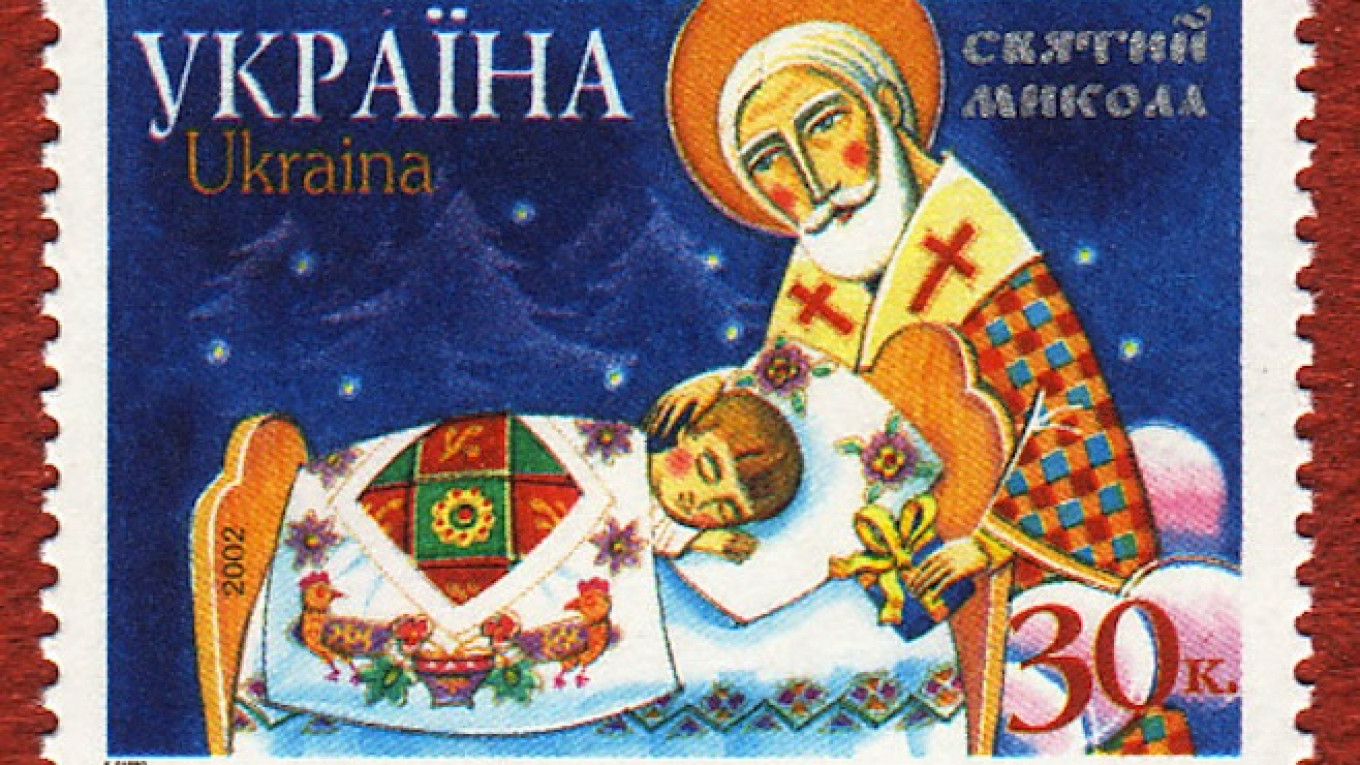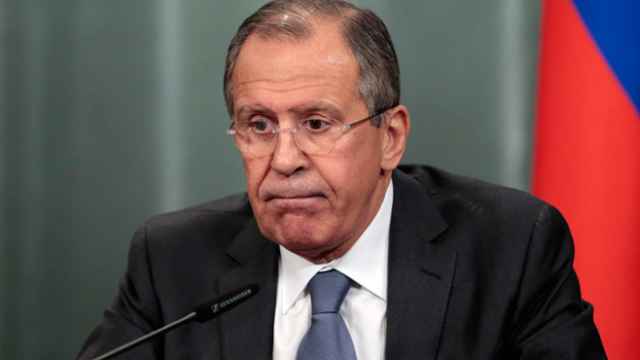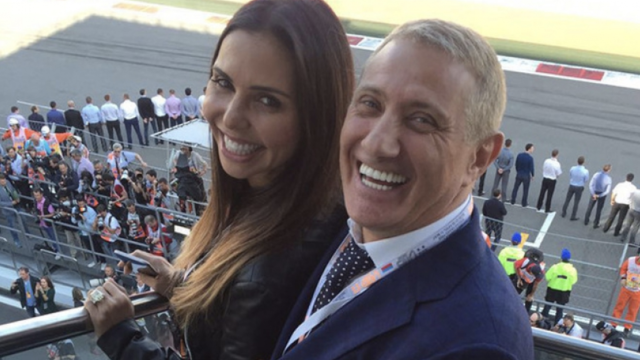New Year celebrations in Ukraine's capital Kiev this year will be spearheaded by Saint Mykolay — the country's Orthodox analogue of Santa Claus — instead of his secular Soviet-era counterpart Father Frost, according to an outline of the festivities published by the city administration.
The Ukrainian Santa is coming to town on Dec. 19, when his official "residence" will open to the public in Kiev's renowned St. Sophia Cathedral, the holiday program published on the administration's website this week said.
Like in Russia, the Ukrainian Orthodox Christmas is celebrated in accordance with the old Julian calendar and starts on Jan. 6, but for many of the country's residents the highlight of the holiday season is New Year's Eve.
Ukrainian singer Oleh Skrypka, leader of the group Vopli Vidoplyasova, complained to the UNIAN news agency earlier this month that "New Year previously comprised an eclectic [mix] of the American and Soviet New Year."
"It's some sort of competition for children between Santa Claus and Father Frost," he was quoted as saying, adding that he would "very much like to remember Saint Mykolay."
The statement by the Kiev administration did not specify whether its decision to put Saint Mykolay in charge of the holidays was motivated by a wish to break away from Russian or Soviet practices.
The Soviet regime, which frowned upon any demonstrations of religious faith, abolished all tsarist-era church holidays in the country after the Bolshevik Revolution. It then promoted New Year's Eve as a major holiday to allow the population accustomed to large-scale festivities at the turn of the year to keep their celebration.
The Soviet New Year also took on some of the traditional Christmas attributes, with families decorating "New Year trees," and children receiving gifts from Father Frost, or Ded Moroz — who, like Santa Claus, is generally represented as a white-bearded man dressed in a red coat with white cuffs.
But unlike Christmas, New Year celebrations in Russia and Ukraine are nearly universal and are embraced by people who consider themselves atheists or are followers of religions that do not celebrate Christmas, such as Jews.
A Message from The Moscow Times:
Dear readers,
We are facing unprecedented challenges. Russia's Prosecutor General's Office has designated The Moscow Times as an "undesirable" organization, criminalizing our work and putting our staff at risk of prosecution. This follows our earlier unjust labeling as a "foreign agent."
These actions are direct attempts to silence independent journalism in Russia. The authorities claim our work "discredits the decisions of the Russian leadership." We see things differently: we strive to provide accurate, unbiased reporting on Russia.
We, the journalists of The Moscow Times, refuse to be silenced. But to continue our work, we need your help.
Your support, no matter how small, makes a world of difference. If you can, please support us monthly starting from just $2. It's quick to set up, and every contribution makes a significant impact.
By supporting The Moscow Times, you're defending open, independent journalism in the face of repression. Thank you for standing with us.
Remind me later.






